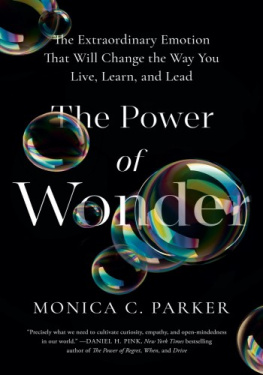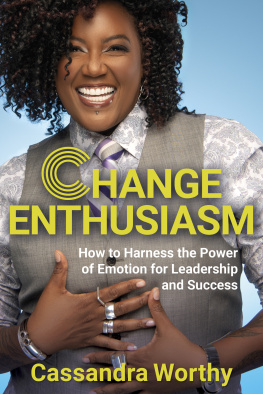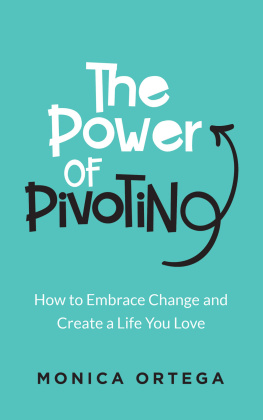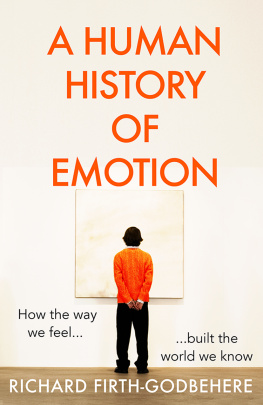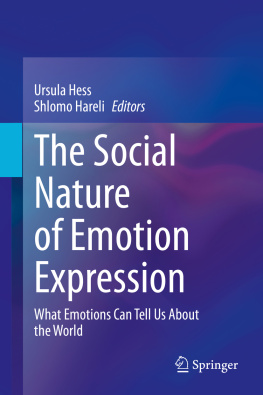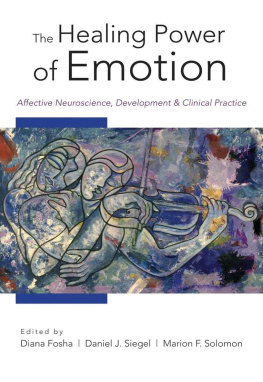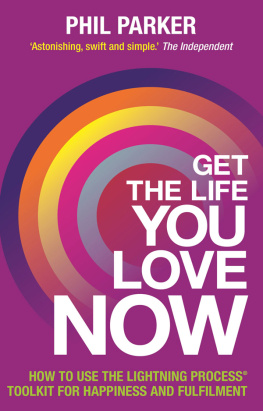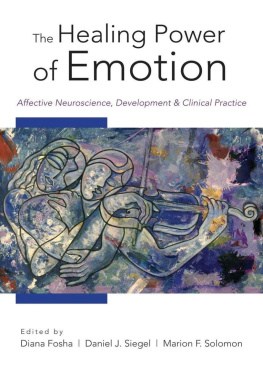an imprint of Penguin Random House LLC
penguinrandomhouse.com
Copyright 2023 by Monica C. Parker
Penguin Random House supports copyright. Copyright fuels creativity, encourages diverse voices, promotes free speech, and creates a vibrant culture. Thank you for buying an authorized edition of this book and for complying with copyright laws by not reproducing, scanning, or distributing any part of it in any form without permission. You are supporting writers and allowing Penguin Random House to continue to publish books for every reader.
Photograph on by David Nutt. Used by permission of the author.
TarcherPerigee with tp colophon is a registered trademark of Penguin Random House LLC
Library of Congress Cataloging-in-Publication Data
Names: Parker, Monica C., author.
Title: The power of wonder: the extraordinary emotion that will change the way you live, learn, and lead / Monica Parker.
Description: New York: TarcherPerigee, 2023. | Includes bibliographical references.
Identifiers: LCCN 2022033490 (print) | LCCN 2022033491 (ebook) | ISBN 9780593419366 (hardcover) | ISBN 9780593419373 (epub)
Subjects: LCSH: Wonder. | Awe. | Curiosity.
Classification: LCC BF575.A9 P375 2023 (print) | LCC BF575.A9 (ebook) | DDC 152.4dc23/eng/20220914
LC record available at https://lccn.loc.gov/2022033490
LC ebook record available at https://lccn.loc.gov/202203349
Jacket design: Caroline Johnson
Jacket image: Peterschreiber.media / iStock / Getty Images Plus
Book design by Shannon Nicole Plunkett, adapted for ebook by Kelly Brennan
pid_prh_6.0_142492537_c0_r0
to Julian,
the wonder of love made manifest

Contents

Part One
The Elements of Wonder


Introduction
M y friend Franklin had a wicked sense of humor. Born and raised in a postage-stamp town in rural Georgia, he had the unassuming manner and warm smile of someone who could charm you out of your life savings, and youd willingly part with it while offering to carry it to his car. He could spin a yarn in his languid julep of a voice about nothing in particular and still have you sitting on the edge of your seat waiting for the punch line. He had a particular affinity for a dirty joke, which somehow didnt seem as filthy as it should because he told it with such boyish cheek. And he always ended up laughing the hardest at his own bawdiness, equal parts naughty, proud, and embarrassed, the latter a by-product of a strict Southern Baptist upbringing. This was before Alzheimers robbed him of his quick wit like the cruel thief it is, but, thankfully, in the ransacking, the disease missed the most precious of heirloomshis sense of wonder.
A favorite expression of Franklins was one he used when something made him curious or awestruck, from a new piece of whiz-bang technology to the kismet of a friend calling just when he needed to speak to them. More often than not, it was the simpler things like a strain of music or a sunrise over the lake, but on occasion, he would declare it for big aha moments, too. He would just shake his head and say in his dewy Sandersville twang, FM, Monica. FM.
FM stood for f*cking magic, and this is how he saw so many of the moments that took him aback. He didnt feel the need to couch it in grand terms or even seek to understand why he felt moved. It was simply enough to mark it as remarkable. What lovely simplicity, and acute awareness, because so much of our life is f*cking magic, if only we could really see it.
And that, in many ways, is what this book is about.
What is wonder, and why do we need it?
Wonder purls its way through our lives from first cry to last gaspmoments that engage us, surprise us, take our breath away, and give us the gift of viewing the world, and our place in it, in an entirely different way. But something happens as we move from the wonder-filled days of childhood to obligation-laden days of adulthood. We become increasingly jaded. Like the sun that continues to shine on a cloudy day, wonder is still there, but we just cant seem to see it anymore. And then one day we stop looking.
Modern life is conditioning wonderproneness out of us. From an education system that curbs curiosity in pursuit of standardized test scores to a business culture that worships at the altar of the cult of overwork, we have traded wonder for the pale facsimile of electronic novelty-seekingchasing the manufactured instead of the meaningful.
We need wonder. As a population, we are overwhelmed. The speed of information today means businesses, social campaigns, and whole governments can rise and fall, morph and meld, in only a few news cycles. Automation experts tell us that within a decade, 60 percent of our jobs will disappear or bear little resemblance to what they are today. One in four women is on antidepressants, and 90 percent of American doctor visits are for a stress-related ailment. Our device culture, while connecting us, has simultaneously cut us off from one another, and empathy levels have dropped almost 50 percent in the past twenty years. Inundated by change, distracted by choice, polarized into ever-reductive tribes, and struggling to reach equilibrium, we are living in a world of instant gratification, life hacks, and quick fixes. In short, we have been given the keys to a brave new world and cant yet reach the pedals. Wonder is the catalyst to build the social and emotional competencies we need to make us more open, more curious, more compassionate... more human.
Like a type of emotional DNA, wonder spirals its way through our shared human experience, imprinting itself on our lives. From artistic expression to religious faith; from the sound of music in a darkened concert hall to the charismatic timbre of a great leader; from the sunrise over the Grand Tetons to an electrical storm out the window of an airplane; from the birth of a child or a new idea to the end of a life or a feverish nightmare, wonder exists universally. Gently peeking its head around mental corners or bombastically announcing its arrival into our trembling psyches, wonder changes our perspective, our bodies, our souls, and our lives. Art, music, religion, politics, science, nature, love, fear, birth, death; each of the myriad experiences that compress to form the bedrock of human life has a golden vein of wonder running through it. Such a primal and primary element of our collective consciousness is ancient and well documented yet has only recently been defined and researched in earnest by the scientific community.
But what is it? Part of the challenge in answering that question is that wonder is often ineffableit defies language. Wonder is both a journey and a destination. A verb and a noun. A process and an outcome. Five interlinking elements comprise the wonder cycle: watch, wander, whittle, wow , and whoa (or the psychological terms openness, curiosity, absorption , and the two phases of awe ). Watching being present and openis the first step. Observe the world, taking nothing for granted, and try to see the familiar in unfamiliar ways. Wandering is an inquisitive cognitive stroll that allows curiosity to flourisha meandering of the mind, and in some cases, a meandering of the body and soul, too. Then there is whittle , the paring down of mental aperture from broad to focused. This can be the feeling of absorption in a new idea or the purity of presence in a flow state. Whittle is when we are most prepared for the expectation violation of the wow moment, where our anticipation of whats next is challenged by something so vast that our mind struggles to make sense of it. And then comes the final stage, which transforms us as our psyche acclimates to this new stimulusthe whoa . This is the moment when we let out a long sigh and say, OMGmind blown. And that experience changes us, sometimes forever. We wont be rewarded with a whoa every time, but each element has its own benefit and beauty, offering an opportunity for discovery about ourselves and how we see and move through the world.
Next page
